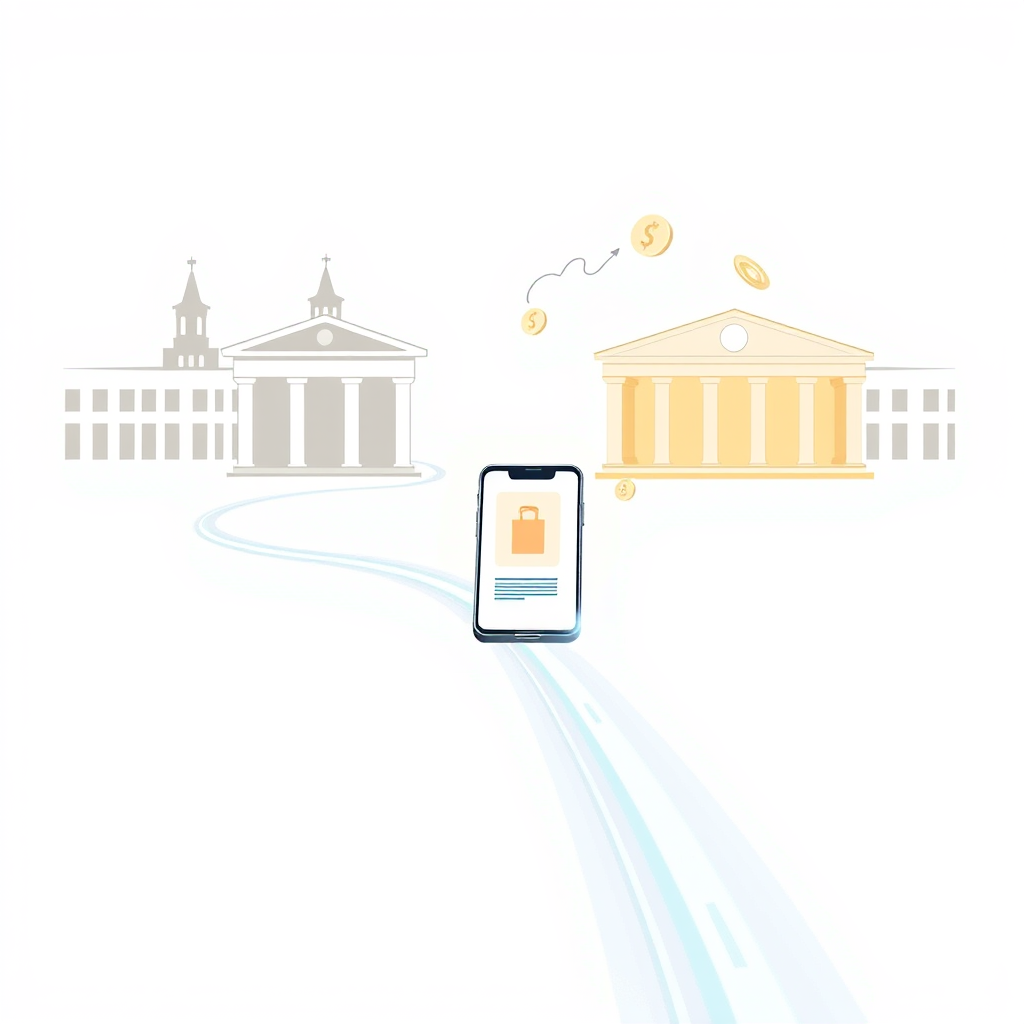Bankless Checkouts Are Coming—Here’s How

The traditional online checkout experience, long reliant on banks and credit card networks, is undergoing a rapid transformation. A growing wave of businesses are adopting decentralized payment models, leveraging cryptocurrency and blockchain technology to offer faster, cheaper, and more frictionless transactions. This shift isn’t merely a technological upgrade; it represents a fundamental rethinking of how money moves online, particularly crucial for a digital-native economy.
For decades, the established financial infrastructure dictated the terms of online commerce. Banks, credit card processors, and clearinghouses imposed fees, introduced delays, and created friction, especially for international transactions. The current system, designed for a pre-digital era, struggles to accommodate the speed and efficiency demanded by today’s consumers. The expectation for instant, secure, and transparent payments is particularly strong among younger generations accustomed to real-time digital experiences.
Cryptocurrency and, specifically, crypto payment gateways are emerging as viable alternatives. These gateways bypass traditional intermediaries, enabling peer-to-peer transactions or utilizing smart contracts for automated settlements. This disintermediation lowers costs, accelerates processing times, and expands access to global commerce, particularly for businesses and individuals underserved by the traditional financial system.
The rise of stablecoins, cryptocurrencies pegged to fiat currencies like the US dollar, addresses concerns about volatility, providing a predictable value for transactions. Coupled with APIs that seamlessly integrate with existing online checkouts, these technologies are becoming increasingly accessible to merchants without requiring deep technical expertise.
The benefits extend beyond cost savings and speed. Crypto payment gateways offer merchants greater control over their finances, reducing reliance on banks and card networks. They also unlock access to a wider customer base, enabling cross-border commerce without the complexities of currency conversions and international fees.
However, the transition isn’t without its challenges. Regulatory uncertainty has historically been a barrier to adoption, but governments are increasingly developing frameworks to address the legal and compliance aspects of cryptocurrency. Clear regulations are crucial for building trust and fostering wider acceptance. The development of compliance tools within crypto payment gateways is also essential for ensuring businesses can operate within the legal framework.
Looking ahead, the future of online checkout promises a seamless, intelligent, and bankless experience. AI-powered systems could personalize payment options based on location, currency, and preferences, while smart contracts could automate subscription renewals and refunds. This vision requires a robust and adaptable infrastructure, with crypto payment gateways serving as the engine that connects identity, logic, and value.
The shift towards decentralized payment models isn’t simply a technological trend; it’s a fundamental restructuring of the financial landscape. Businesses that embrace these changes today will be best positioned to thrive in the evolving digital economy. Waiting for widespread adoption is a risky strategy. The time to explore and build on these new rails is now. The potential benefits – lower costs, faster transactions, and greater access to global markets – are too significant to ignore.